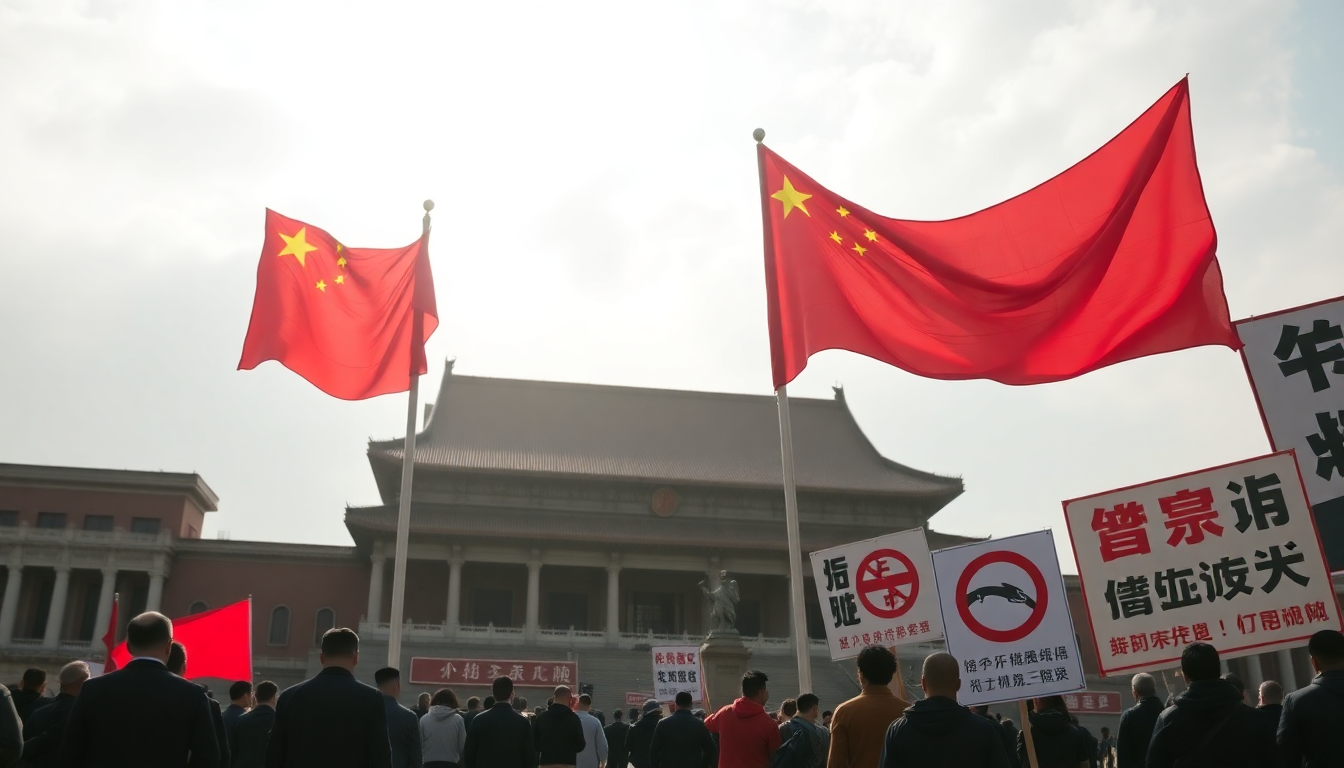Table of Contents
In a surprising twist in international relations, Beijing has taken a firm stance against the Inter-Parliamentary Alliance on China (IPAC), labeling it as just another tool of Washington and accusing it of spreading false information. This backlash follows the announcement from nine lawmakers in Panama who have joined IPAC, a move that has sparked fierce criticism from Chinese state media and officials.
China’s Strong Reaction to IPAC
The news of Panama’s involvement with IPAC was revealed during a session in the National Assembly, which was notably attended by the US ambassador, Kevin Cabrera. In the aftermath, state-run outlets like China Daily and Global Times slammed the United States for allegedly pressuring Panama into this alliance. They painted this development as part of a larger strategy by Washington to rally countries against China.
China’s diplomatic response was clear: they see such actions as efforts to create rifts between China and its partners, particularly Panama. Editorials in state media accused the US of using aggressive tactics to sway the political dynamics in Latin America, a region where China has been steadily increasing its economic and diplomatic influence over the years. But what does this mean for the future of these relationships?
The Impact of Panama’s IPAC Membership
During the announcement, Ambassador Cabrera raised alarms about China’s growing presence in Latin America. He referred to issues like cyberattacks and economic practices that have led to unsustainable debt levels in the region. One striking example he mentioned was a Chinese enterprise that reportedly owes the Panamanian government a hefty $600 million. This financial burden complicates the already intricate relationship between Panama and China.
Manuel Cohen, one of the Panamanian deputies who joined the alliance, emphasized that the main goal of IPAC is to protect democracy and human rights in member countries. This sentiment reflects a recurring theme among IPAC members, who strive to position their coalition as a bulwark against perceived authoritarianism. But can such alliances truly safeguard democratic values?
The Bigger Geopolitical Picture
As global politics evolve, Beijing’s reaction underscores its sensitivity to perceived threats to its influence, especially in regions where it has invested significantly. Alliances like IPAC might be seen by China as attempts to diplomatically isolate it, leading to strong responses like the one we are witnessing now.
Looking ahead, the effects of these alliances on international relations will likely continue to unfold, particularly as the US and its allies work to counter China’s expanding influence worldwide. The dynamics in Latin America will be especially important to monitor as countries balance their relationships with both the US and China amid rising global tensions. How will these shifts shape the future of diplomacy and international cooperation?


